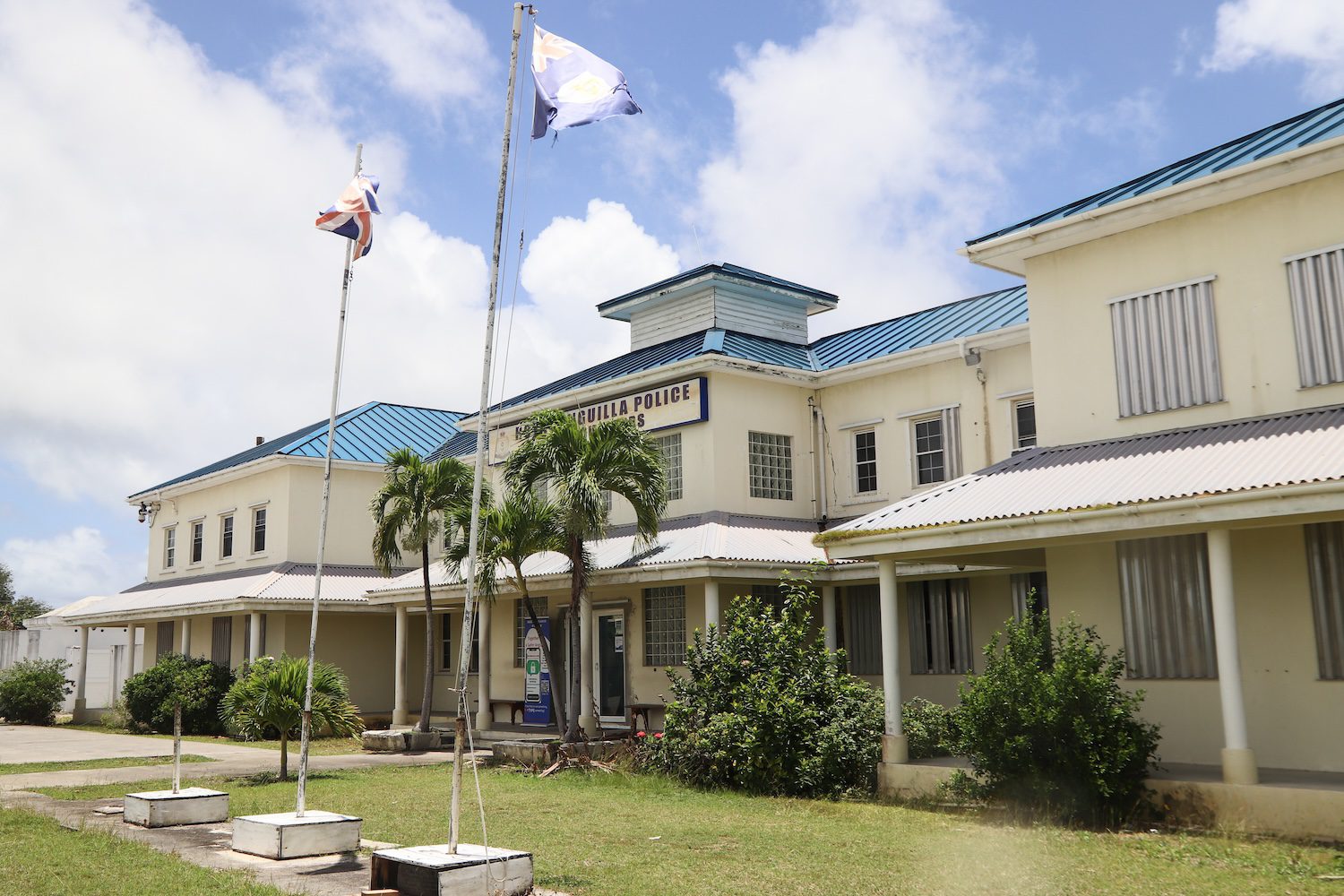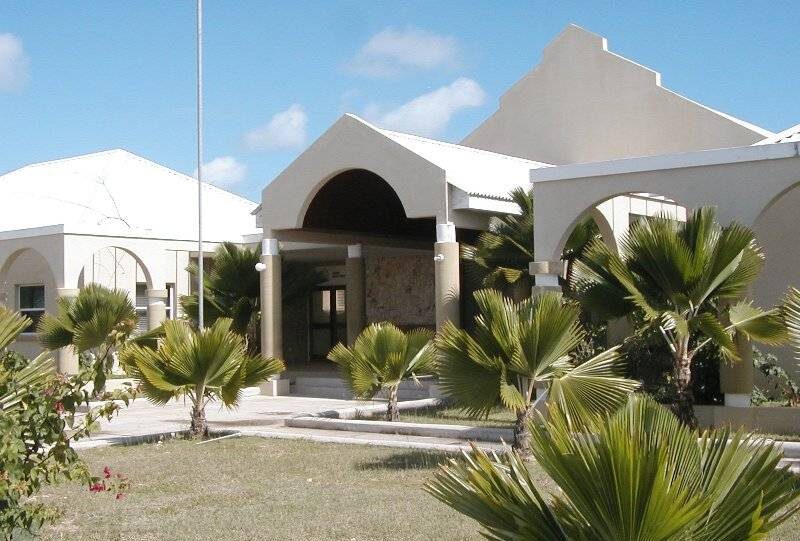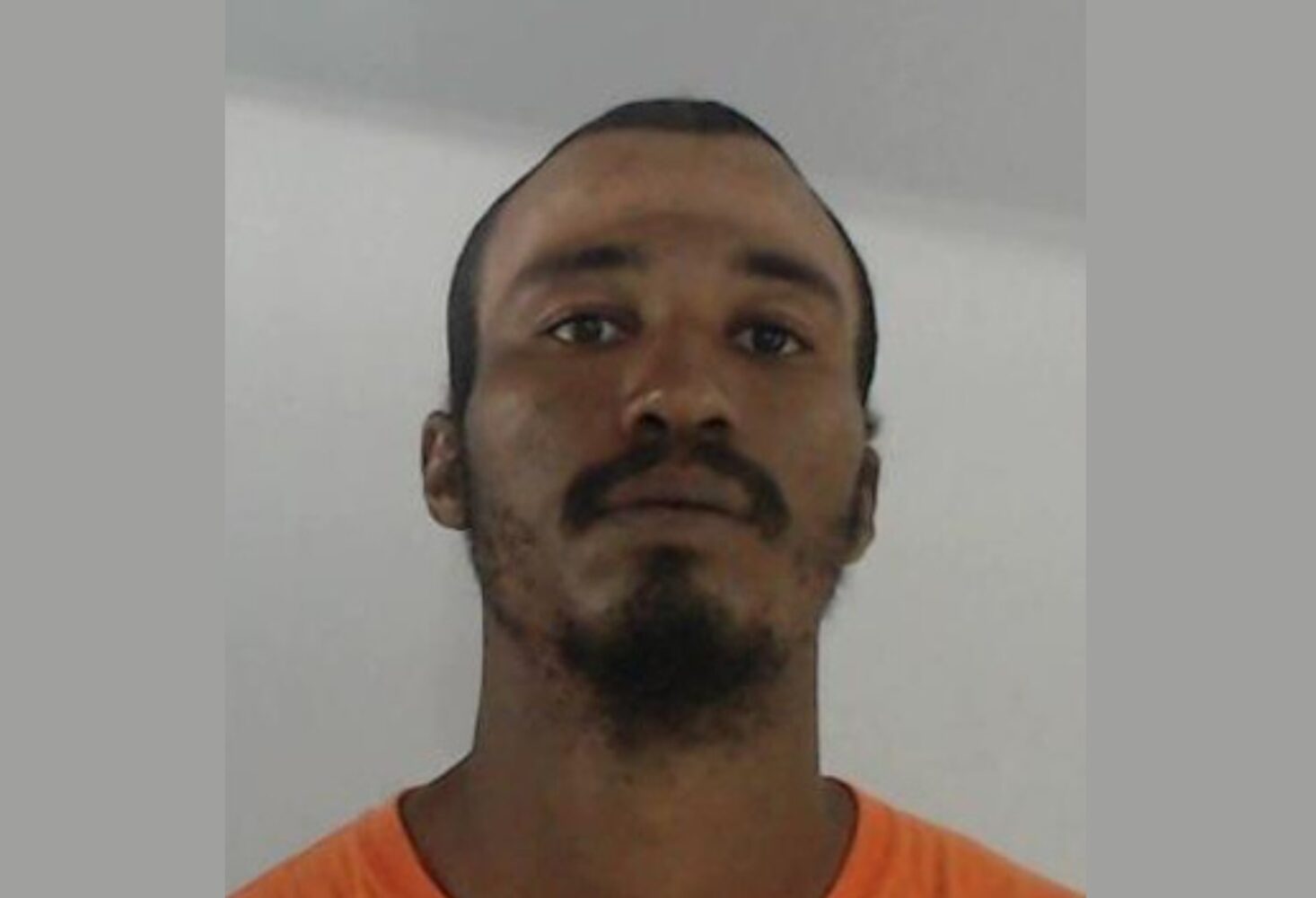Public meetings have been held across Anguilla to gather residents’ views on proposed changes to police powers and bail legislation.
Attendees were given detailed briefings on the Police and Criminal Evidence Bill (2025) (PACE) and the Bail Bill (2025) during the events and invited to share their feedback.
They discussed issues such as the balance between law enforcement powers and individual rights, conditions for granting bail, and safeguards to ensure accountability and transparency in policing.
Our independence means we report on what matters, challenge the powerful and stand up when others sit down. Click here to support our work from $3/month.
Larry Mussenden, chief justice of the Supreme Court of Bermuda, began the meetings via video link by detailing Bermuda’s PACE legislation, which the Anguilla bill is based on.
He said that prior to its adoption, the courts relied on judges’ rules and police worked from multiple difference pieces of legislation.
“Our aims were to just look at the system and then strike the balance between the powers of the police and investigating crime and the rights of the individual,” Mussenden said.
PACE legislation
Attendees were then shown video explainers of the PACE legislation adopted in 1984 in the United Kingdom, which consists of codes of practice that regulate police powers and protect public rights
The law was bought in due to public and judicial criticism of police conduct during the 1970s and 1980s, fuelled by high profile miscarriages of justice and the 1981 Brixton riots, a clip said.
Issues which highlighted the need for change included coerced confessions, unreliable evidence and disproportionate use of stop and search.
Three main concepts were introduced – the notion of reasonable suspicion, the regulation of any use of force by the police, and the regulation of police behaviour with regards to the collection of evidence.
Carrington Mahoney, Anguilla’s principal Crown counsel in the criminal division, said there are several reasons why Anguilla is looking to introduce PACE legislation.
The legislation balances police powers with public rights and freedoms, adds custody safeguards, and increases accountability through standardised procedures and frameworks, he said.
Bail Act
Mahoney went on to discuss the Bail Bill which he said is part of a suite of legislation that has been introduced to build on PACE.
“In a nutshell, the Bail Act essentially gives the police the ability or the power to grant bail before charge – bail with conditions,” he said.
For example, during a murder investigation, a suspect may be granted bail with conditions – like reporting requirements or electronic monitoring – while police await a charging decision from the Attorney General.
Attendees were then given the opportunity to ask questions to clarify various elements within the bills.
The public meetings took place at Morris Vanterpool Primary School on 27 October, Alwyn Allison Primary School on 28 October and the Teacher’s Resource Centre on 29 October.
Anguilla Focus will cover the provisions of the legislation in future reports.
Click below to watch the first meeting:





